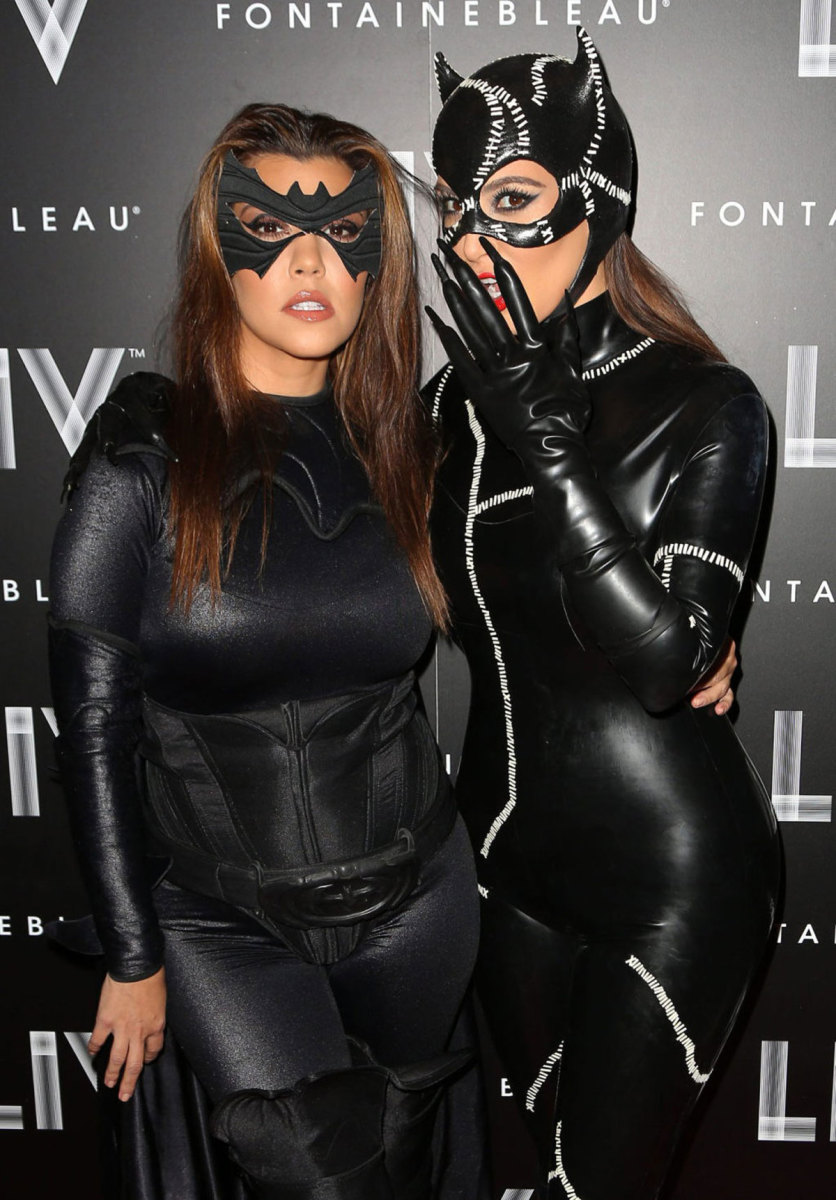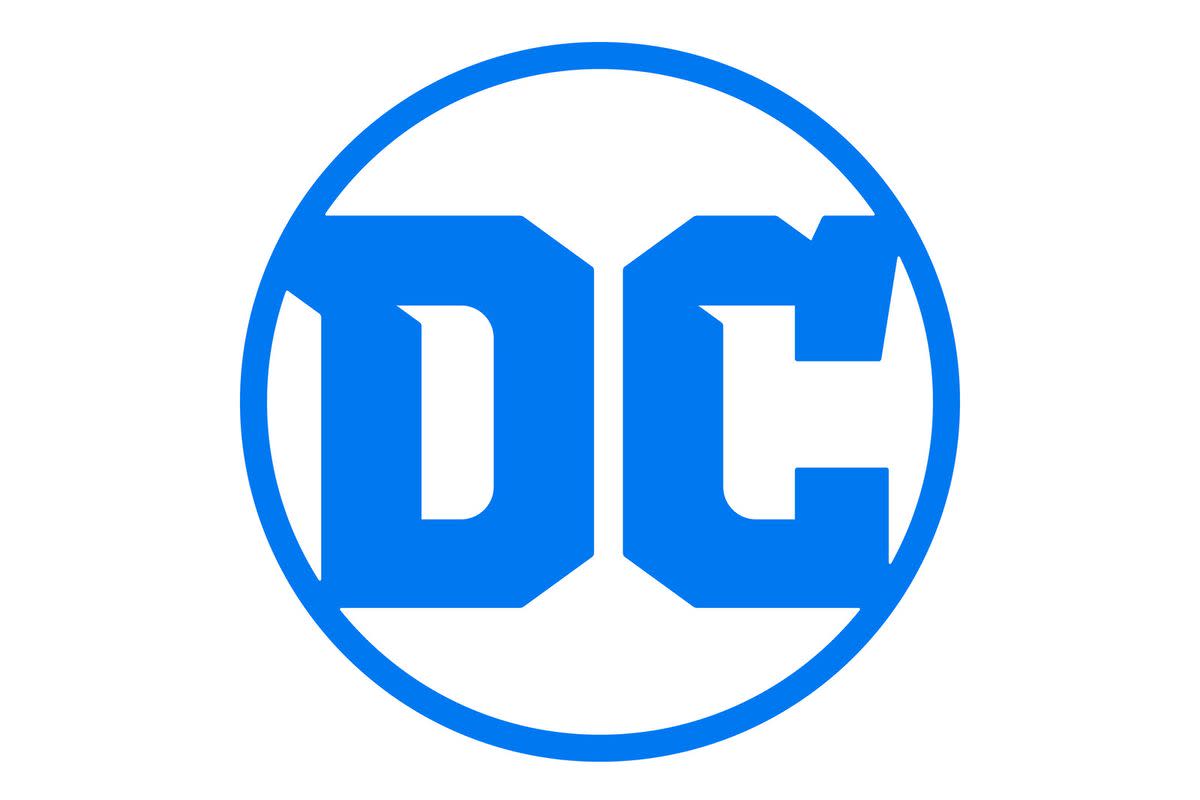In Defense of Scantily Clad Heroines

There is an assumption in mainstream culture that a scantily clad woman is a symbol of sexism. We often hear about how magazines, advertisements and movies use these women to move their product. We’ve all heard the adage that ‘sex sells’, therefore these women are little more than objects to be exploited for corporate gain. Women are human beings with emotions, ambitions and strengths, just like men. So, reducing them to something so shameless and blatant is a disservice to them. I was raised in a very feminist household, so this was my mentality growing up. However, there is an alternative argument to be made here and I think it deserves exploration.
I was watching a youtube video a while back about tropes versus women in video games by Feminist Frequency. When I first saw the link, I assumed that the presenter would focus on characters like Lara Croft or the Dead or Alive girls, who frequently use the scantily clad pictures to sell their product. It came as a surprise when she seemed to be zeroing in on Mario and other games where the female represents the damsel in distress. The sexism comes from women being portrayed as a weak object to be obtained by the player. If it occurred in only one game, it could have been explained as a character trait: women aren’t weak, just this particular princess. However, the theme occurred in so many separate games that it ceased being about a story and started becoming a caricature. She goes on to examine other ways in which women are portrayed negatively, none of which involves their wardrobe choices. I actually don’t know how she views the scantily clad heroine. I’m not affiliated with her in any way, but I do recommend her videos (I'll post the first at the end of this hub). However, her approach did get me thinking. Are there portrayals of women that are more damaging than simply showing them in a bikini?

The best example that I can think of is Wonder Woman. She’s one of the top three DC comic super heroes, alongside Batman and Superman. And, while she struggles to gain traction on the big screen, she is one of the most beloved super heroes. She’s a strong person, both physically and mentally, with a good moral compass. Basically, she is the hero that people strive to be (not just women). So, I would say that she is a positive role model, and yet her costume is quite revealing. Comics also have a tendency to portray shirtless men in loincloths, but I think everyone would agree that it’s more common to see female characters wearing less than it is male characters. So, the question is, does Wonder Woman’s outfit, undermine her character?
I wrote an article a while back about America’s Fear of Sex and Nudity. In that article I pointed out how people in the U.S. tend to ‘freak out’ about nudity and sexuality, particularly when it’s in a place of prominence (like a super bowl half time show). There is definitely a sense of guilt and shame that comes with nudity in this country. So the idea that a strong female character could also show off her body is a conflict of interest. Certainly a positive role model would be modest and/or ashamed of what was under her super-suit. Basically we’ve decided that nudity is immoral and, therefore, someone who is moral should shun it. Obviously Wonder Woman isn’t running around naked, but you get the idea. Whether or not you deem nudity to be something immoral, I contend that the amount of skin Wonder Women shows has no impact on her strength as a character. In much the same way that someone could like Tarzan or Conan the Barbarian, even though both men run around in little more than a loincloth.

I do want to be clear that I’m not advocating that all heroines should be nude. There is a running joke in MMORPGs that the artwork for female characters is forcibly skimpy when compared to the male models. And I agree that people should have a choice which one they get. I also agree that it doesn’t make sense for a female character to go into battle with skin exposed because she would be a ridiculously easy target. But I do think that positive role models don’t have to be ashamed of their bodies in order to be considered positive role models.
And that brings me back to the youtube videos I mentioned above. She points out instances of women being reduced to little more than objects (when their wardrobe is not a factor). Whether it’s helplessness, violence against them, or their gender as their only defining factor, each of these issues strikes me as a more damaging portrayal of women. Women can be, and are, heroes. Wonder Woman is a fictional example, but she exemplifies strength, courage and prowess (Just like Lara Croft or the women in fighting games). So, my defense of her outfit isn’t because I think it’s a smart outfit. (I prefer the Odyssey version) I defend it because there are way more damaging depictions of women out there that need attention. For example, the main character of the Twilight series, Bella, leads a life that is entirely dependent on her vampire boyfriend; which teaches young women that it’s okay to obsess over a boy who is abusive. I don’t like using that series as an example, because I know a lot of people like it, but my point is that feminism is about female empowerment and the equality of the sexes. And a strong female character, who is scantily clad, has a better impact on society than a fully clothed female character that promotes a caricature, objectification or abuse.
I do think there is a legitimate debate about the logic of such skimpy costumes, as well as one about artistic style and genre idealism. But, ultimately, all of our bodies are beautiful, and we shouldn’t spend so much energy condemning such depictions when there are more important things to work towards.






